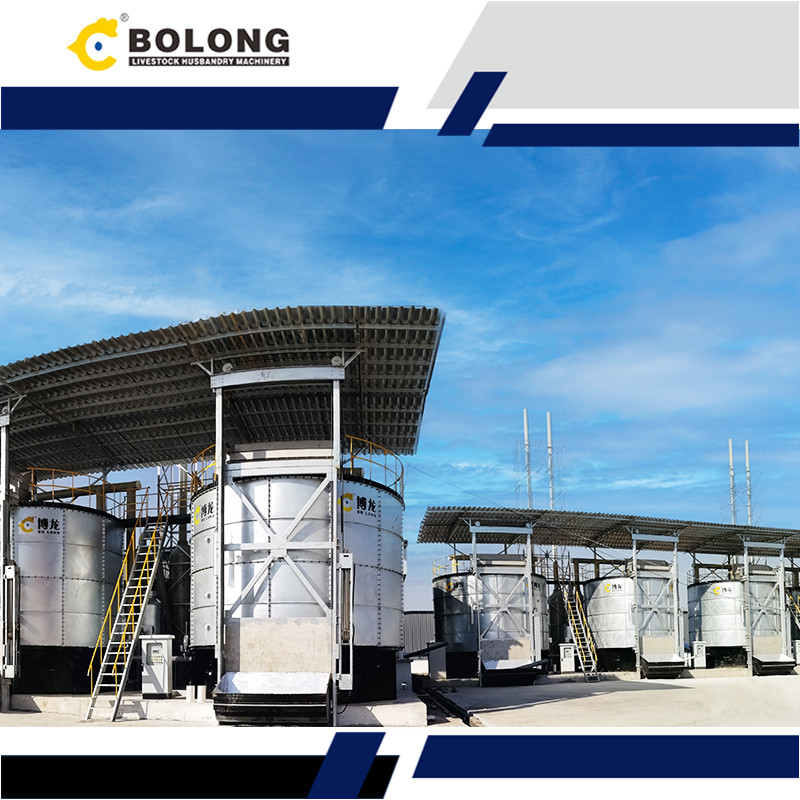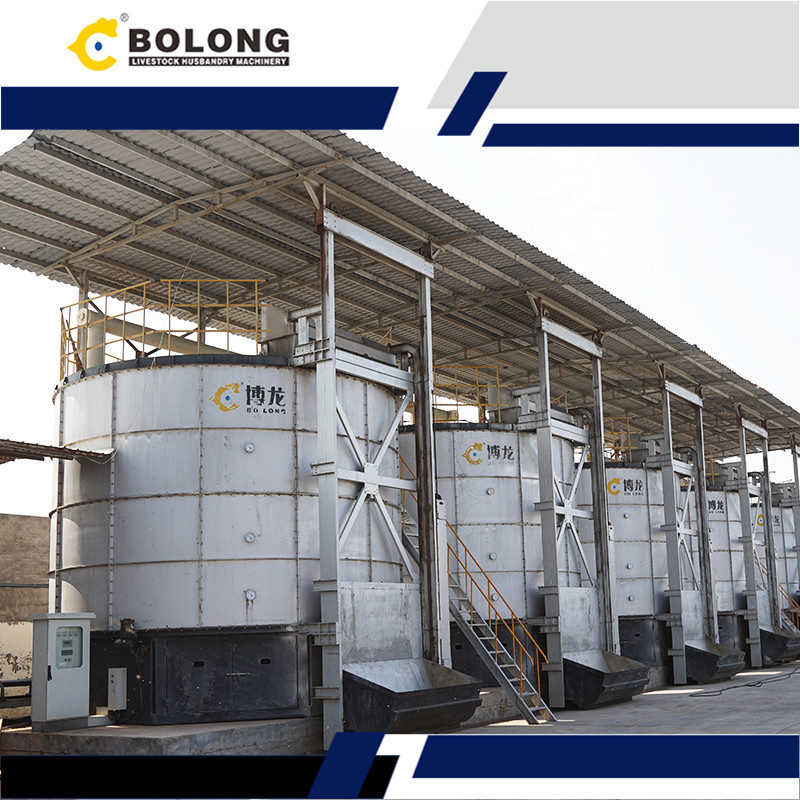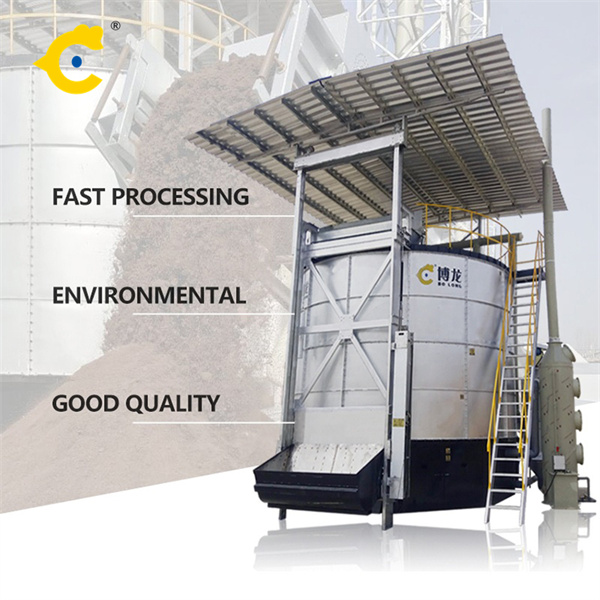Learn effective techniques to accelerate the decomposition of manure, turning it into nutrient-rich compost. Discover tips, insights, and expert advice on making manure decompose faster, promoting sustainable agriculture and eco-friendly practices.
When it comes to sustainable farming and gardening practices, composting plays a crucial role. One of the essential components of compost is manure, which can be a valuable source of nutrients for plants when properly decomposed. However, the decomposition process can take time, hindering the availability of compost. In this article, we will explore various methods and tips on how to make manure decompose faster, ensuring you have a continuous supply of rich compost for your soil. Let’s dive in!
Manure decomposition can be accelerated using several methods that facilitate the breakdown of organic matter. Here are some effective techniques to make manure decompose faster:
Ensure proper collection and storage of manure to maintain its nutrient content. Avoid contamination from non-compostable materials and maintain the ideal moisture level to encourage decomposition.
Combine manure with brown materials like straw or leaves and green materials like kitchen scraps. The carbon-rich brown materials provide energy for microorganisms, while the nitrogen-rich green materials aid in rapid decomposition.
Maintain an ideal Carbon to Nitrogen (C:N) ratio in the compost pile. The recommended ratio is around 25-30 parts carbon to 1 part nitrogen, promoting microbial activity and faster decomposition.
Regularly aerate the compost pile by turning it. This helps introduce oxygen, crucial for aerobic decomposition, and prevents the development of foul odors.
Compost activators, like bone meal or blood meal, introduce beneficial microbes that speed up the decomposition process.
Smaller particles decompose faster. Shred or chop the manure into smaller pieces to increase the surface area for microbial action.
Keep the compost pile at an optimal temperature, ideally between 130°F to 160°F (54°C to 71°C), as this facilitates rapid decomposition.
Maintain proper moisture levels in the compost pile, usually around 40-60%. Too much water can lead to anaerobic decomposition, while insufficient moisture hinders microbial activity.
Alternate layers of manure with other compostable materials to maintain a balanced compost pile.
Consider using commercially available compost accelerators, which contain a blend of microorganisms that aid in faster decomposition.
Avoid compacting the compost pile, as it restricts airflow and slows down the decomposition process.
Cover the compost pile with a tarp or other suitable material to retain heat and moisture, encouraging decomposition.
Be patient but consistent. The decomposition process takes time, and regular maintenance is essential for successful composting.
Introduce earthworms into the compost pile. They enhance decomposition by breaking down organic matter further.
Adding grass clippings to the compost pile provides a nitrogen-rich source, speeding up decomposition.
Ensure the manure does not contain any chemicals or residues that might hinder the decomposition process.
Monitor the compost pile’s temperature with a compost thermometer to ensure it stays within the ideal range.
Composting in black plastic bags traps heat, encouraging faster decomposition.
Avoid adding diseased plants to the compost pile, as it may spread diseases to healthy plants.
Incorporate a small amount of finished compost into the new compost pile as an inoculant to introduce beneficial microorganisms.
Avoid adding too much manure at once, as it can lead to an imbalanced compost pile.
Adding urine to the compost pile provides nitrogen and moisture, expediting the decomposition process.
Using compost bins provides a controlled environment for faster decomposition.
Composting may take longer in colder months. Consider insulating the compost pile during winter to maintain the ideal temperature.
Regularly monitor the compost pile’s progress and adjust the conditions if necessary for optimal decomposition.
Yes, you can use fresh manure for composting, but it’s best to combine it with other compostable materials to maintain the right C:N ratio.
The time for manure decomposition varies depending on various factors such as composting method, temperature, and moisture levels. It can take anywhere from a few months to a year.
Pet manure can be composted, but avoid using waste from carnivorous animals as it may contain harmful pathogens.
Yes, sawdust can be added, but it’s essential to balance it with nitrogen-rich materials as sawdust is high in carbon.
Turning the compost pile every 2-3 weeks ensures proper aeration and speeds up the decomposition process.
Anaerobic composting can be effective, but it’s generally slower and may produce odors. Aerobic composting is more efficient for faster decomposition.
Making manure decompose faster is an essential skill for anyone interested in composting and sustainable agriculture. By following the outlined techniques and tips, you can convert manure into nutrient-rich compost efficiently and contribute to a greener, eco-friendly environment. Remember, composting is a gradual process, so be patient and persistent in your efforts. Happy composting!



Bolong, a leading deodorizing composting machine manufacturer since 1993, debuts its latest tech at the expo. Using water washing, activated carbon, and microbial deodorization, it solves farm odor problems. With advanced production lines ensuring quality, Bolong offers exclusive discounts now. Don’t miss this chance to transform your farm! Click to explore and get preferential prices and free support.